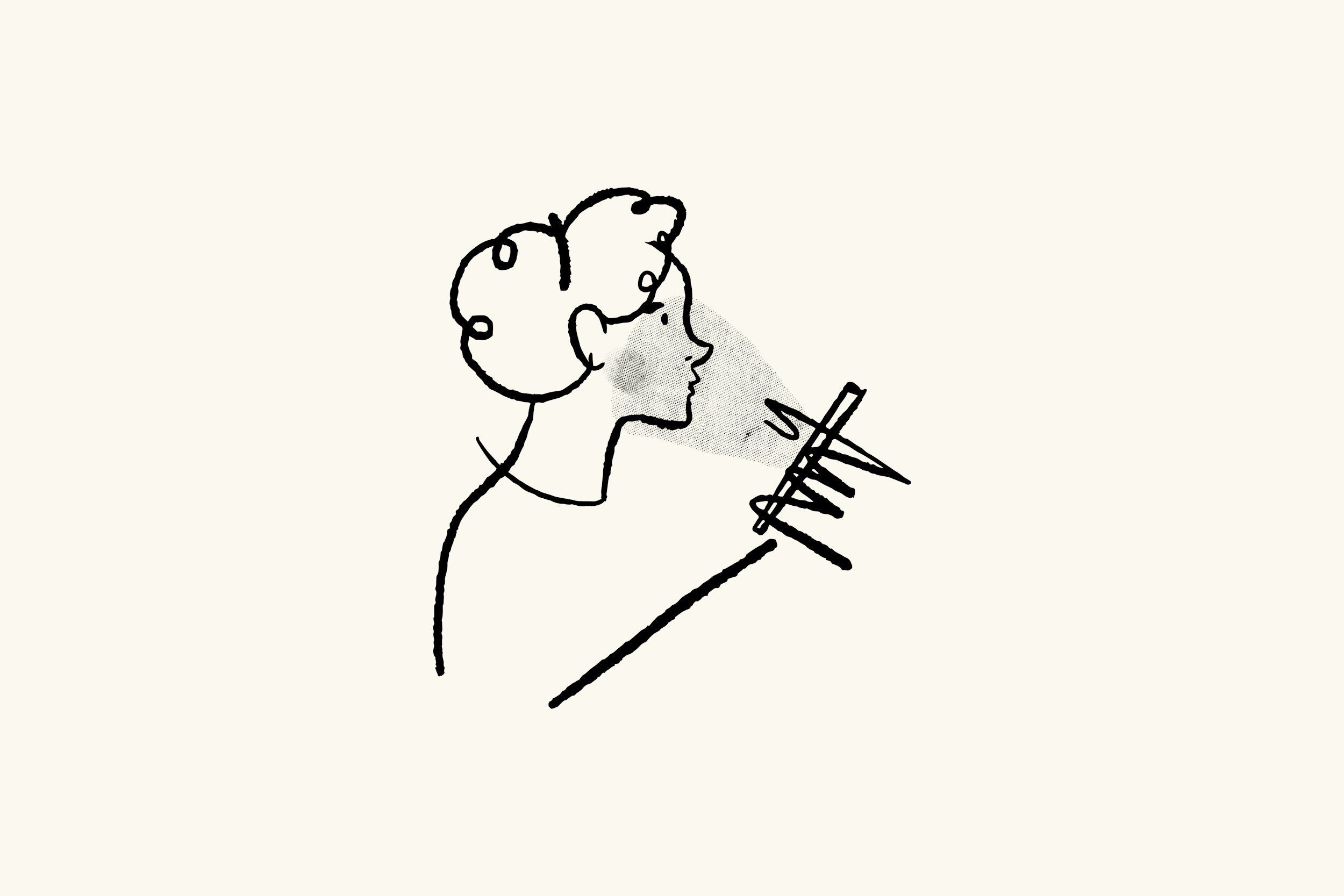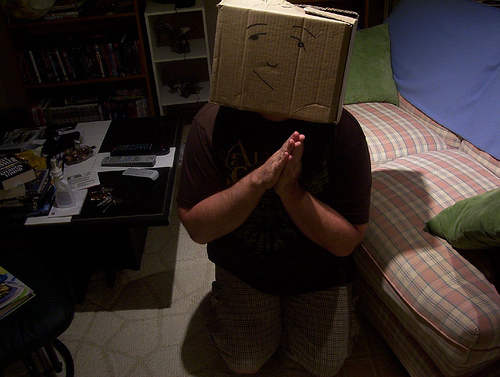On September 2nd Brad Stephenson, host of the popular monthly Technology in the Arts podcast, will lead a new webinar entitled ”Technology Planning for Arts Managers”. Designed to meet the needs of today’s arts managers, this workshop will focus on ways in which arts managers can use technology to best meet their missions and goals. Stephenson, the former Director of Projects and Marketing for the Center of Arts Management and Technology, worked closely with numerous organizations who wanted to find the best technological tools to improve their efficiency. He "helped these organizations with a number of things, including the evaluation of technology vendors, the design and development of web-based marketing and development tools and the selection of software and hardware products."
Organizations commonly make some mistakes that actually impede the organization/technology synergy. Too often Stephenson witnessed organizations either failing to align their technology with strategic plan, or worse, failing to develop a strategic plan at all. Without a plan, there is no way to guide technological decisions in a way that will best serve an organization. Additionally, organizations often failed to do research--such as calling similar organizations to get thoughts on the tech tools that were of most use to them.
Stephenson strongly believes that an organization that fails to plan for technology is "committing a major arts management sin," one which may compromise the organization's mission and unwisely drain resources: "Everyone on staff doesn't get an iPhone just because they're cool." Stephenson has designed this workshop to coach organizations through the process of integrating technology into an organization's operations. "Tech projects are really no different from other projects within an organization. You still use the same basic project management approach to building a new website as you would producing a new play. One of the best ways to start any new tech planning process or technology project is to ensure that you have buy-in from everyone on your staff." Meeting resistance? Stephenson will discuss ways to address such resistance during the September 2 webinar.
In today’s climate it is necessary for arts managers to understand technology and its application within their organizations. While it’s easy to say “integrate technology into your organization,” in practice it can be overwhelming. This workshop provides a step-by-step examination of an effective technology planning process, coupled with an overview of the major technology concepts with which arts managers should be comfortable. Participants will gain an understanding of three key concepts:
1. Creating a technology plan for your organization or project 2. Analyzing your current environment to make efficient use of existing technology and effectively target resources 3. Making the right technology choices through proven evaluation methods
To register for the webinar, and for more information, please visit the link below. Technology Planning for Arts Managers September 2, 2009 2:00pm – 3:30pm Eastern Register today for $25.00











